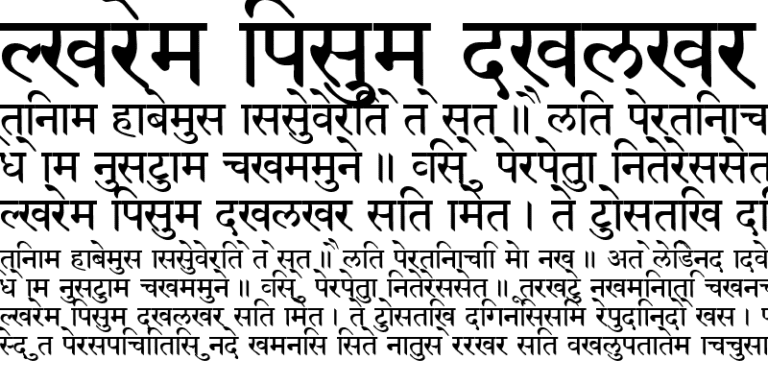Liraz Postan
Liraz is an International SEO and Content Expert with over 13 years of experience.

There once existed a proto-language spoken by every human on the planet, and the evidence survives today in the relationship between Sanskrit and English.
Language study is a rabbit hole without a bottom, at least at the present time. What I mean by that is studying language in general is fascinating and absorbing and will lead you down a myriad of interesting paths, all leading to further interesting paths – but you will never reach the bottom. There is, currently, no solution, no final story that explains everything. We simply don’t know exactly how all the modern languages came to be
We have theories, of course, and as you train and study for a career in language translation you will encounter most of them. Where some people might assume that language is a random bunch of noises our ancestors squawked until we’d memorised them and assigned them permanent definitions, people who have studied language know it’s more complex than that. Where some people might be aware that French, for example, stems from Latin and English has roots in German and the Nordic languages, the translation services guru knows that there was at one point in human history a single language – a first language, or “proto” language from which all other languages stem.
How can we know that? Well, we can see the pattern pretty clearly when you look at the languages all over the world as a whole instead of as separate oceans of words and grammars. There are enough eerie similarities out there to make it quite clear that all of our languages come from a single source, however distant and clouded by time it might be.
For example, consider Sanskrit and … well, most Indo-European languages. Sanskrit’s geographical location is very far away from France and England and Germany, yet there are some truly inexplicable similarities between the languages of these regions – inexplicable unless you admit there is a common ancestor at play.
The famous common example is the word for “father.” In French, this word is pere which might look unconnected unless you consider how it sounds, and how the word is formed. In Sanskrit, which we might believe is a wholly different language from English, the word is pitar. Now we see the connection. The word for “mother” makes this even more obvious: In French we have mere. In Sanskrit, it’s matar. Examples like this often make it seem like you could read Sanskrit if you concentrated.
This proto-language remains a theory, of course, but by combing the world’s languages for these similar words we’ve been able to come up with a pretty likely group of essential words, words like father whose meanings were so fundamental to early man they survived more or less unchanged into the modern age. While we can’t know for sure, it’s very likely that a time traveller could take these words and manage to make simple things understood if he were to go back tens of thousands of years to when this proto-language was spoken. Which is, in a word, amazing.
What our customers are saying